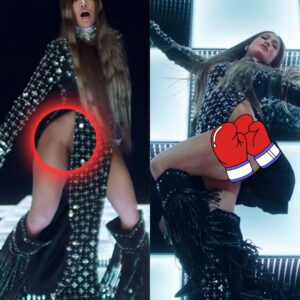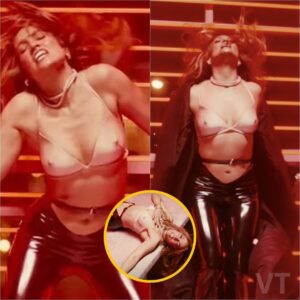Julia Roberts and ‘Pretty Woman’ was supposed to be a lot darker given the initial script.
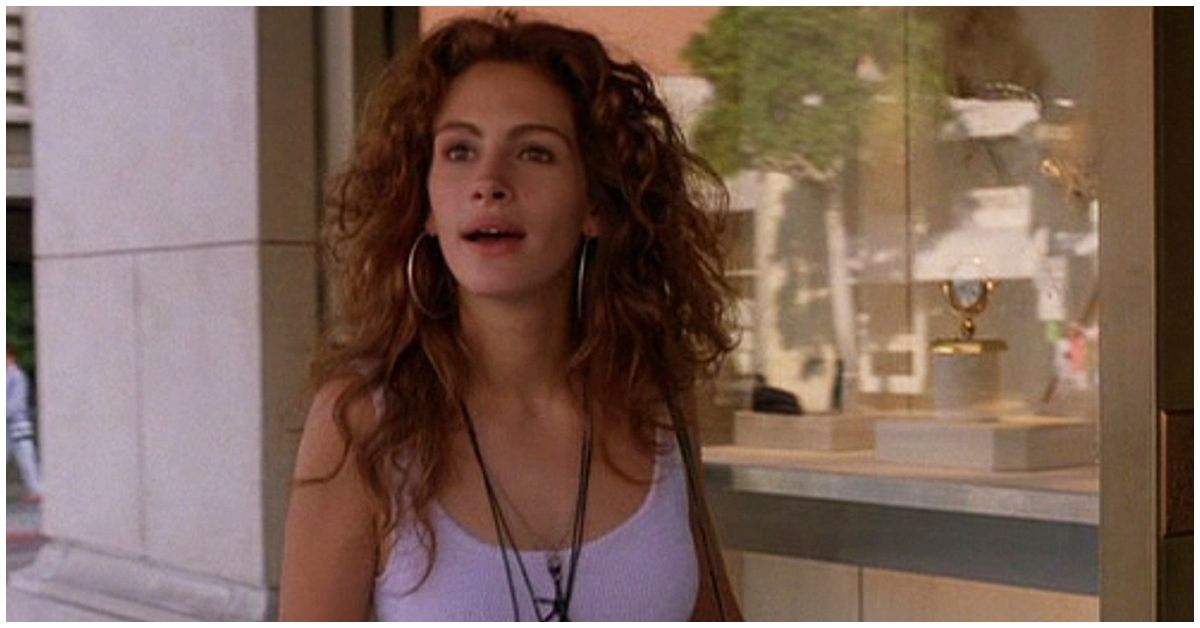
Julia Roberts has been in a lot of great films, including Eric Brokovich which she won an Academy Award. But perhaps none of her movies have made a greater impact on pop culture as Pretty Woman. Even The Queen’s Gambit star, Anya Taylor Joy, has been inspired by the 1990 classic romantic comedy.
While the movie (which co-starred Richard Gere as the businessman who woos Julia’s prostitute character) was definitely on the lighter side, the original draft was far from it. In fact, Julia Roberts has stated that she didn’t belong in the original version of Pretty Woman.
According to a revealing article by People, director Garry Marshall, as well as producer Laura Ziskin, is the one responsible for turning JF Lawton’s gritty script, “3000”, into the Pretty Woman we all know and love. Here’s how and why that had to happen…
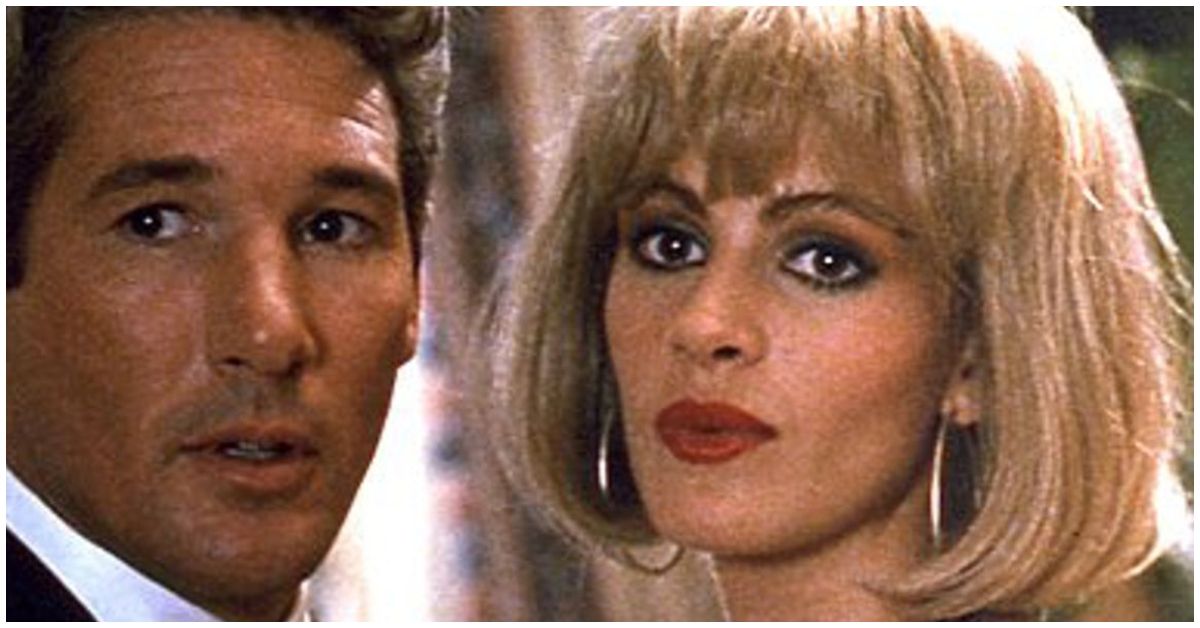
The Original Script Was Dark
The original script for Pretty Woman, which was called “3000” was filled with the realities of working in the sex industry, according to People. There was great grit and the trials and tribulations of addiction… So, it was pretty much the opposite of Julia Roberts’ weekend with Richard Gere.
“I’d been doing wacky fireman stories, ninja movies, what I thought was commercial stuff,” Pretty Woman’s screenwriter, JF Lawton, explained to People. “But this came from real human beings. I lived in that area of Hollywood Boulevard and knew the kind of girls in that neighborhood and what the situation was.”
At the time, JF Lawton was a struggling screenwriter and was trying desperately to get something made. He found that his lighter scripts just couldn’t break through… which is why he chose to pick a stronger subject matter that would catch the attention of directors, producers, studios, and acclaimed actors. Hence, why he wrote “3000”.
In truth, only a shred of “3000” exists within Pretty Woman; although that includes the famous trip to the opera, the fancy dinners, and shopping trips. The rest, however, is pretty dark. But it was the basis of the film.
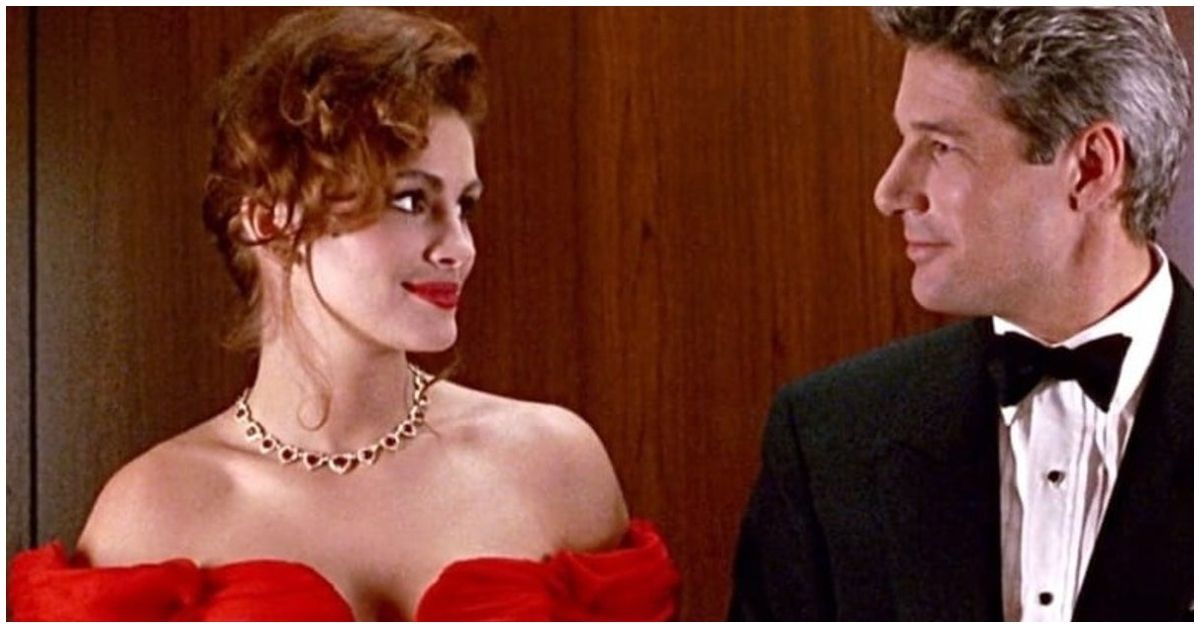
Famed-director Garry Marshall was attracted to the script, as was producer Laura Ziskin, however, both of them knew it wasn’t meant to be so dark.
“I said, ‘Garry, this is a Disney movie? This is very dark.’ And he says, ‘Don’t worry, Hector; we’ll make it nice. We’ll make it fun.’ And I said, ‘Good luck with that, pal.'” Hector Elizondo, who played Barney Thompson the hotel manager, said.
The Ending Was Particularly Rough
“Certainly the script was much, much edgier than the movie,” JF Lawton explained. “For the original ending, he’s leaving town and at the last minute offers to drive her back.
They get in a big argument in the car, and he opens the door and says, ‘You’ve got to go.’ I mean, she’s sobbing. He gives her the money, and she won’t take it, so he forces it into her hand. She throws it in his face, and then he drives off.
After he’s gone, she picks the money up out of the gutter.”Seinfeld’s Jason Alexander, who played lawyer Philip Stuckey, claimed that he found the script really hard to get behind.
“But Garry’s take was much kinder and sillier,” Jason said. “The possibility of these two impossibly mismatched people finding romance became the real hook, and the circumstances sort of faded away.”
The ending caused a lot of discussions between JF Lawton, Garry, and the producers.
According to an interview with Vanity Fair, Laura made sure that it didn’t seem as though the male businessman was just saving the female prostitute.
In fact, she ends up saving him right back. This is what ultimately made the film resonate with a wider audience.”There was a lot of back-and-forth: Can the ending be more hopeful?” JF Lawton described.
“There was talk of her going off with the businessman’s grandson. But the chemistry between Richard and Julia was so genuine, so electric, it was clear there was no other ending.”
Although much of the grit from JF’s initial script was purposefully lost in the execution, it was still important for the filmmakers to try and capture the truth of professional sex workers.
“I worked as a nurse at the L.A. Free Clinic [which served sex workers],” Garry Marshall’s wife, Barbara Marshall, told People.
“Julia came with me one day and decided to go out with some of the girls! I called Garry, and he said, ‘She’ll be fine.’ They showed her how to walk, how to approach a car.
A big mission of the clinic was to provide health care and contraception, and I insisted that Vivian carry condoms. I brought home all the varieties one day so Garry could see them, and he wrote it into the script. I was so proud of that!”
News
Megan Fox Turned Down a Mammoth $17 Million Paycheck Due to Her Intense Hatred for Angelina Jolie Comparisons
Some actors like being compared to the veterans but some absolutely hate it. The latter was true for Megan Fox and Angelina Jolie for which the former…
Sylvester Stallone Exiting $789M Franchise, Letting Fast X Star Take Over after Megan Fox’s Debut? $400M Rich Star Says “Jason Statham is 80% of it”
For the most part of his career, Sylvester Stallone’s name has been attached to several franchises but it seems the actor is finally shifting away from his…
EXCLUSIVE – Machine Gun Kelly got SHOCKING blackout tattoo to prove to Megan Fox that he is 100% committed to their relationship – as insiders reveal what actress REALLY thinks about the dramatic new ink
Machine Gun Kelly’s shocking new body art is an attempt to show his girlfriend, Megan Fox, that he ‘can change for the benefit of their relationship,’ insiders have…
Megan Fox’s boyfriend Machine Gun Kelly revealed a shocking new black tattoo that required 44 needles, but what stunned fans was the sensitive image he just shared
Machine Gun Kelly has debuted his new ink on social media. The singer is known to be covered almost top-to-toe in tattoos, but has now covered many of…
Machine Gun Kelly shares heartbreaking message addressing Megan Fox’s miscarriage
Machine Gun Kelly has shared some deeply personal thoughts about his partner Megan Fox’s miscarriage in a new song. The singer grapples with the loss of his…
Controversy Erupts: Charlize Theron Faces Backlash for Comments on Afrikaans Language, Fans Defend Cultural Heritage
Charlize Theron, a renowned South African actress, recently stirred controversy with her remarks about Afrikaans, the language spoken by many in South Africa. During a media interview,…
End of content
No more pages to load







